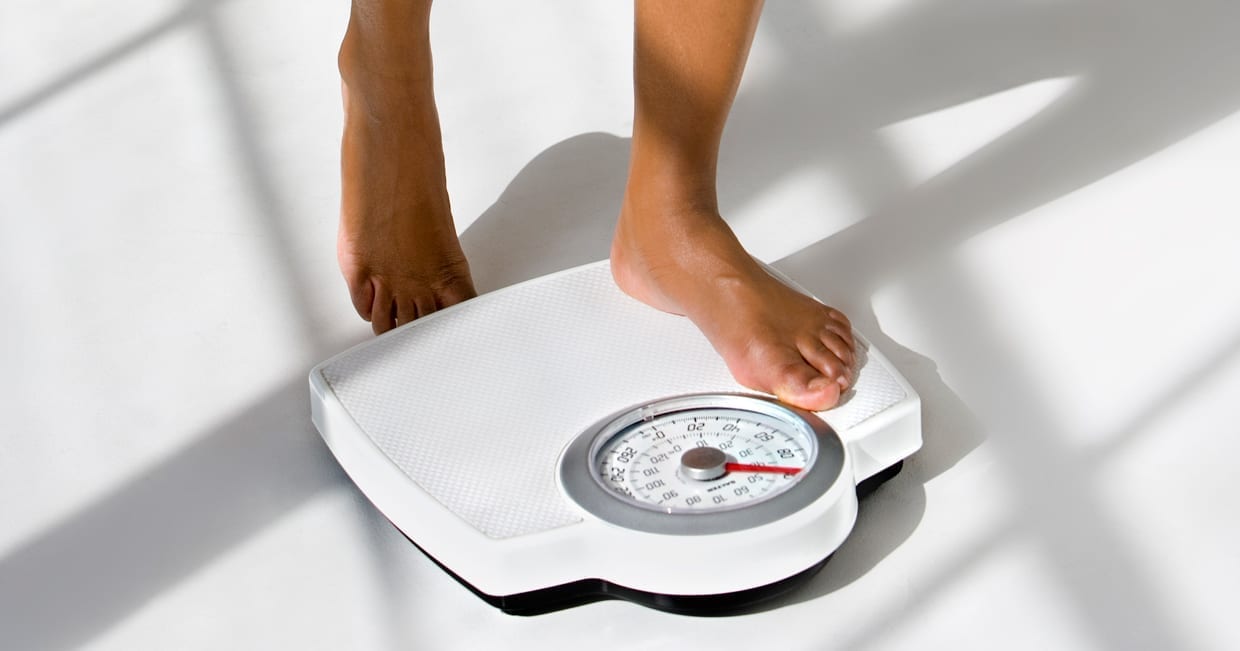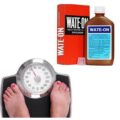Weight gain is an increase in body weight. This can involve an increase in muscle mass, fat deposits, excess fluids such as water or other factors. Weight gain can be a symptom of a serious medical condition. Weight gain occurs when more energy (as calories from food and beverage consumption) is gained than the energy expended by life activities, including normal physiological processes and physical exercise.
If enough weight is gained due to increased body fat deposits, one may become overweight or obese, generally defined as having more body fat (adipose tissue) than is considered good for health. The Body Mass Index (BMI) measures body weight in proportion to height, and defines optimal, insufficient, and excessive weight based on the ratio.
What is Hydroxyzine?
Hydroxyzine is in a class of medications called antihistamines. It works by blocking the action of histamine, a substance in the body that causes allergic symptoms. It also works by decreasing activity in the brain.
Hydroxyzine is used in adults and children to relieve itching caused by allergic skin reactions. It is also used alone or with other medications in adults and children to relieve anxiety and tension. Hydroxyzine can be used along with other medications in adults and children as a sedative before and after general anesthesia for surgery.
How does hydroxyzine work?
Experts are not sure exactly how hydroxyzine works in the brain, but suggest it may suppress activity in certain key regions of the subcortical area of the central nervous system (which is the part of the brain located below the cerebral cortex). Hydroxyzine has demonstrated bronchodilator activity (opening up of the airways); antihistaminic (relieves symptoms of allergy including itch), antiemetic (relieves nausea and vomiting), and analgesic (pain relieving) effects; as well as skeletal muscle relaxation.
Does Hydroxyzine Cause Weight Gain?
Yes, weight gain is reported as a common side effect of this medication in 12% of people who use hydroxyzine in a 4-week period according to studies.
If you want to lose a few extra pounds that you’ve put on since taking a weight gain-inducing medication like hydroxyzine, Here are seven ways you take off or fight off unwanted pounds.
Make conscious choices about sodium: Avoiding too much sodium in your diet is smart for anyone looking to eat healthier. This means avoiding processed foods, canned foods, and fast foods, since they’re often packed with sodium.
Increase potassium in your diet: Eating a potassium-rich diet is great for people who are looking to lose weight gained by using hydroxyzine because, potassium flushes out sodium. And a potassium-rich diet is linked to other health benefits, such as reduced blood pressure, protection against stroke, and osteoporosis prevention.
Potassium-rich foods include:
- bananas
- sweet potatoes
- avocados
- coconut water
- spinach
- black beans
- edamame
- potatoes
- beets
Ask your doctor about your options: Managing your condition is a priority, so there may not yet be any options that cause little to no weight gain. Still, ask your doctor if there are any alternative medications or treatments that would maintain your health without the extra pounds.
Eat small, frequent meals: Your appetite can increase while taking specific medications, so you may be tempted to eat more. Instead of having three massive meals throughout the day, breaking up your food into smaller, more frequent meals can make you feel like you’re consuming more calories because you have little time between snacks to be hungry. It’s recommended to stave off hunger by eating six small meals a day versus three large ones.
Stay active: Staying active is important for overall health as well as weight loss or maintenance. Depending on your level of health or current symptoms, you may want to consult your doctor first.
Try intermittent fasting: For people who have come off hydroxyzine, intermittent fasting can be an effective way to lose weight, provided it’s recommended by your doctors. Experts usually suggest a gut rest. This is a 12-hour window when you don’t eat, which should start about 2 to 3 hours before bed.





